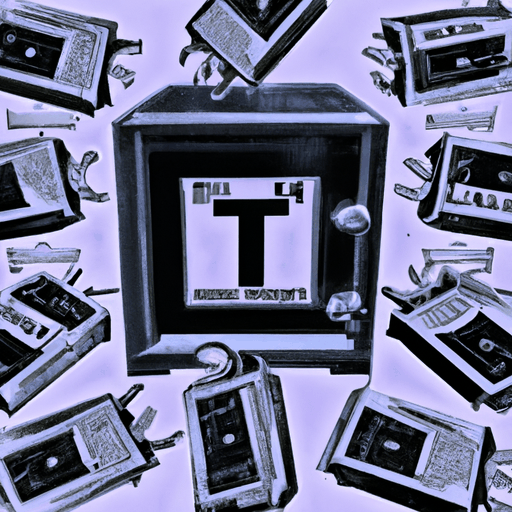
Telegram Dismantles Key Crypto Black Market Networks
By: Eva Baxter
In a significant crackdown on cybercrime, Telegram, the renowned messaging platform, has successfully taken down a substantial number of accounts associated with two massive black-market networks, Xinbi Guarantee and Haowang Guarantee. These platforms were responsible for facilitating more than $35 billion in stablecoin transactions on Telegram. According to Elliptic, a blockchain analytics firm, these networks operated as illicit marketplaces offering a range of illegal services, including money laundering and access to stolen data.
Haowang Guarantee, previously known as Huione Guarantee, confirmed its cessation of operations after Telegram's purge of channels, NFTs, and groups affiliated with their marketplace. This particular platform was alleged to have processed transactions amounting to over $27 billion, effectively positioning it as one of the largest illegal cryptocurrency marketplaces. The Treasury’s Financial Crimes Enforcement Network (FinCEN) had previously identified Huione Group, connected to these operations, as a major player in laundering over $4 billion in illegal funds, with ties to North Korean cybercriminal activities.
Despite the measures taken to disable Haowang Guarantee, the Elliptic report indicates that the network's operatives are exhibiting resilience, attempting to redirect their client base to another platform called Tudou Guarantee. This suggests a sustained threat as these networks strive to maintain their operations by evolving and adapting within these encrypted messaging environments. The Huione Group has been explicit in its efforts to circumvent legal scrutiny through services that defy international sanctions by showcasing networks like USDH, their stablecoin offering.
Similarly, Xinbi Guarantee, another significant entity dismantled by Telegram, reportedly handled $8.4 billion in USDT transactions, marked by nefarious activities including money laundering and even more severe offenses. There are claims of its attempted resurgence under a new guise, 'Xinbi 2.0,' highlighting the persistent challenge these networks pose. This highlights the continuing cat-and-mouse game between illicit operators attempting to leverage modern technology and messaging platforms and law enforcement and regulatory bodies striving to curtail these illegal activities.



